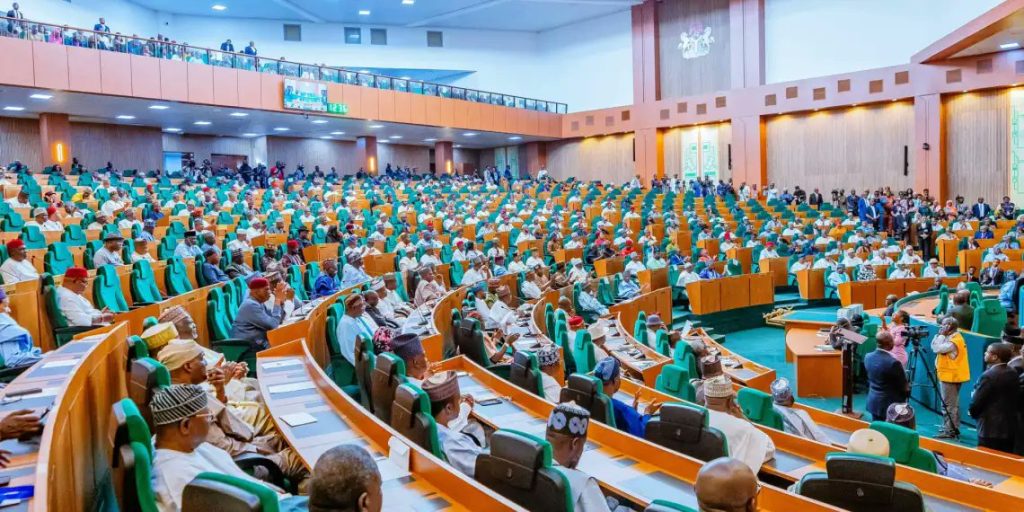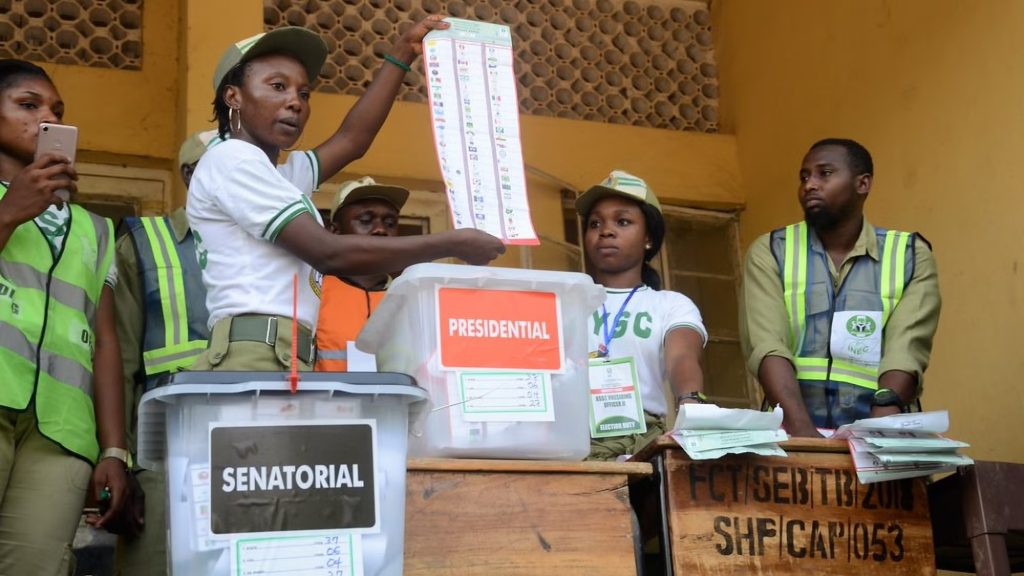
In a controversial legislative development, the Nigerian House of Representatives is considering a bill that seeks to penalize citizens who fail to vote in general elections, proposing sanctions of up to six months imprisonment or a ₦100,000 fine.
The proposal, which is still in its early stages, was introduced during a plenary session aimed at addressing the nation’s chronic voter apathy. According to lawmakers behind the bill, the objective is to make electoral participation mandatory and strengthen Nigeria’s democratic culture by ensuring that eligible citizens fulfill their civic responsibilities.
Mandatory Voting: A Democratic Imperative or Overreach?

The move has ignited widespread public debate, with advocates arguing that it could improve Nigeria’s voter turnout, which has seen a consistent decline since the return to democracy in 1999. The 2023 presidential election, for example, witnessed a voter turnout of just 27%, one of the lowest in the country’s history.
Supporters of the bill cite global examples like Australia and Belgium, where compulsory voting is enforced with penalties, as models Nigeria could emulate. They argue that making voting compulsory will compel more Nigerians to engage with the political process, hold elected officials accountable, and reduce political apathy among the youth.
Criticism and Concerns
However, the proposed sanctions have been met with skepticism and backlash from civil society groups, legal experts, and citizens who view the bill as draconian and unconstitutional. Critics argue that participation in elections should remain a right—not an obligation enforced by punishment.
“This proposal fundamentally misunderstands the nature of democratic rights,” said Barr. Amaka Nwokolo, a constitutional lawyer. “While encouraging electoral participation is necessary, criminalizing non-participation violates the right to freedom of choice.”
Others have pointed out the impracticality of implementation, questioning how authorities plan to monitor, verify, and prosecute millions of non-voters, especially given Nigeria’s already overburdened legal and prison systems.
Legal and Electoral Implications
If passed, the bill would require amendments to Nigeria’s Electoral Act, which currently encourages voter participation through education and public sensitization rather than punishment. The Independent National Electoral Commission (INEC) has yet to release an official response, but sources within the commission hint at unease over the feasibility of such enforcement.
Legal analysts also warn that unless the right to abstain is preserved under special exemptions—such as health, disability, or verified absence from polling locations—the bill may be challenged in court on constitutional grounds.
Public Sentiment and Political Ramifications
Online reactions have been swift and polarized. While some Nigerians support stricter measures to revive civic duty, many see the proposal as a diversion from more pressing legislative issues such as electoral reform, voter registration improvements, and security during elections.
“This is not how you increase voter turnout,” one social media user tweeted. “Give people better candidates, safer polling units, and credible elections—not threats of jail time.”
Conclusion
As Nigeria approaches its next major election cycle, the proposal to criminalize voter apathy is poised to remain a lightning rod for public discourse. Whether the bill will pass into law remains uncertain, but it has certainly reignited conversations about the future of democracy in Africa’s largest nation.
Stay with FactSphere for updates as the story unfolds.



